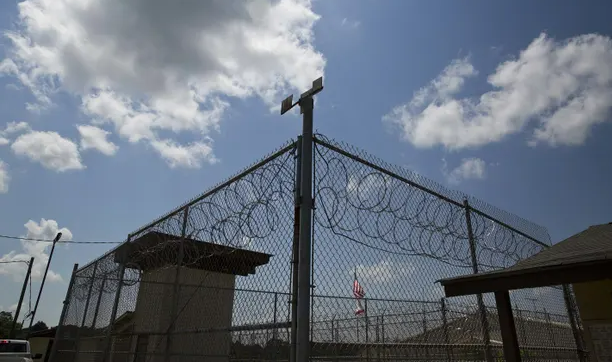Movement to End Inhumane Prison Labor System in US is Growing
Hundreds of thousands of incarcerated people work in US prisons as part of their sentences, often without basic protections and for little to no pay

More than 150 years after slavery was outlawed in the US, California remains one of dozens of states in the country that allows slavery and indentured servitude as a punishment for a crime in its state constitution, an outdated aspect of the US Constitution’s 13th amendment that prohibits slavery. In 2021, an estimated 791,500 incarcerated people worked in US prisons as part of their sentences in 2021, often without basic workplace protections and under dangerous working conditions for little to no pay, according to a June report by the American Civil Liberties Union and the University of Chicago Law School’s Global Human Rights Clinic.
Since 2008, Colorado, Nebraska and Utah have removed that language and provisions allowing slavery and indentured servitude as a punishment for crime from their state constitutions. In November 2022, voters in Alabama, Oregon, Tennessee and Vermont approved ballot measures removing those provisions, bringing the number of states outlawing slavery and indentured servitude as a punishment for a crime in its state constitution to seven.
In California, the measure introduced in 2020 titled California Abolition Act, had mostly navigated through the legislature unopposed until the California Department of Finance estimated that it would cost the state $1.5 billion to pay inmates minimum wage, leading to the measure failing in the California legislature. Jamilia Land, who co-founded the Anti-Violence, Safety and Accountability Project with her husband Samual Brown, himself once incarcerated in California's Corrections system, argued that the financial factor missed the point of the measure entirely. For her, the action showed that even in an outwardly liberal state, the “vestiges of white supremacy” still persist in California.
“It feels like a slap in the face,” Land says. “Because we are California, we are supposed to be this great liberal state.” Land sees inspiration toward a comeback in successful efforts in states like Alabama and Tennessee, where the deep historic roots of enslavement are better known.
Planned for the new year, the Abolish Slavery National Network, a group of organizers involved in movements across the country to end constitutional provisions allowing slavery and involuntary servitude, anticipates that 22 states will have legislation. Their hope is that, as more and more states approve amendments to their state constitutions, so will Congress and a constitutional convention established with the goal of removing the language from the US constitution to eliminate the exception.
You can visit the websites of the Anti-Violence, Safety and Accountability Project and the Abolish Slavery National Network to learn more about upcoming advocacy efforts.










